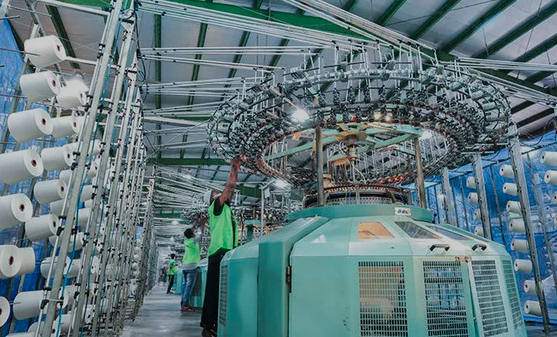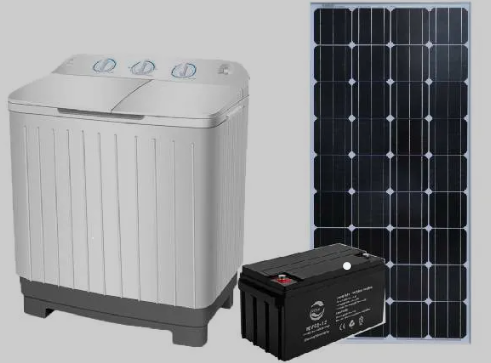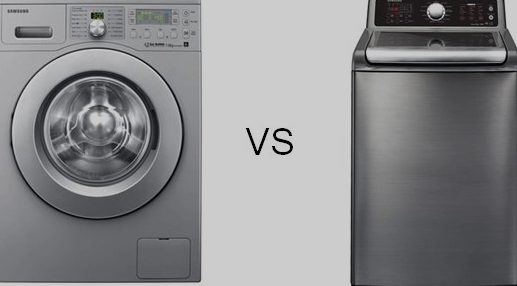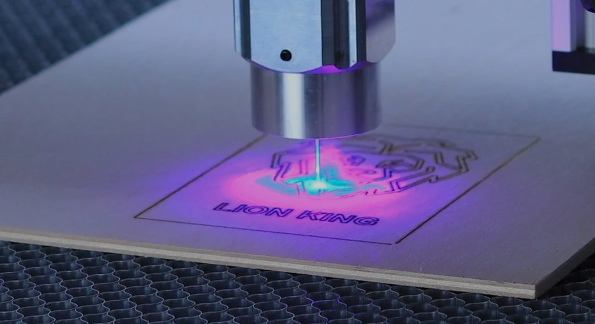Understanding The Technology Behind Wi-Fi-Enabled Washing Machines:
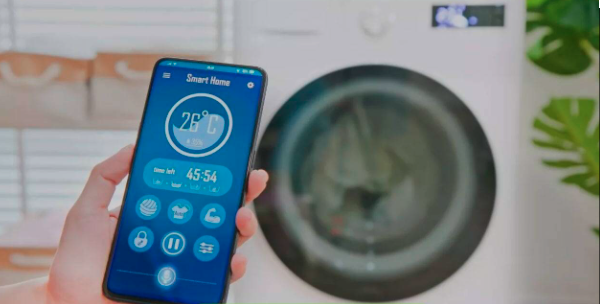
In the era of smart homes and interconnected devices, technological advancements continue to revolutionize our daily lives. One such innovation making waves in the realm of household appliances is Wi-Fi-enabled washing machines. These appliances are not just about cleaning clothes; they bring a new level of convenience, efficiency, and control to the age-old task of doing laundry.
Understanding Wi-Fi-Enabled Washing Machines
1. What is Wi-Fi Connectivity in Washing Machines?
Wi-Fi-enabled washing machines are equipped with wireless internet connectivity, allowing them to connect to your home network. This connectivity opens up a world of possibilities for remote control, monitoring, and advanced functionality.
2. How Does Wi-Fi Integration Work?
The integration involves the use of sensors, processors, and communication modules within the washing machine. These components work together to establish a connection with your home Wi-Fi network, enabling seamless communication between the washing machine and other smart devices.
Key Features and Advantages
3. Remote Monitoring and Control
One of the standout features of Wi-Fi-enabled washing machines is the ability to monitor and control the appliance remotely. Through dedicated mobile apps, users can start, pause, or stop washing cycles, check the status, and receive notifications when the laundry is done.
4. Customized Washing Programs
These smart washing machines often come with a range of pre-set washing programs. However, with Wi-Fi connectivity, users can download additional washing programs or even create customized ones based on specific needs. This level of personalization ensures optimal cleaning for different types of fabrics and stains.
5. Energy Efficiency and Cost Savings
Wi-Fi-enabled washing machines contribute to energy efficiency by allowing users to schedule laundry cycles during off-peak hours when electricity costs may be lower. The ability to remotely monitor energy consumption also empowers users to make informed decisions to minimize environmental impact and save on utility bills.
6. Smart Diagnostics and Maintenance Alerts
These intelligent appliances come equipped with diagnostic features that can identify potential issues before they become major problems. Users receive timely alerts on their mobile devices, enabling them to address maintenance needs promptly. This proactive approach enhances the longevity of the washing machine and reduces the likelihood of unexpected breakdowns.
Addressing Concerns and Challenges
7. Security and Privacy Considerations
The integration of Wi-Fi into household appliances raises valid concerns about security and privacy. Manufacturers are increasingly implementing robust security measures to protect user data and ensure secure communication between the washing machine and external devices. Understanding these measures is crucial for consumers to embrace this technology confidently.
8. Compatibility and Interoperability
The effectiveness of Wi-Fi-enabled washing machines relies on seamless integration with other smart home devices. Compatibility and interoperability issues may arise when attempting to connect these appliances with different brands or generations of smart home systems. Standardization efforts within the industry aim to address these challenges.
Future Trends and Innovations
9. Artificial Intelligence Integration
The next frontier for Wi-Fi-enabled washing machines involves the integration of artificial intelligence (AI). Machine learning algorithms can learn user preferences, analyze washing patterns, and suggest optimal settings for different laundry loads. This level of automation further enhances the user experience and efficiency of the washing process.
10. Blockchain for Enhanced Security
To address security concerns, some manufacturers are exploring the use of blockchain technology. By implementing decentralized and tamper-resistant systems, they aim to provide an additional layer of security, ensuring the confidentiality and integrity of user data.
11. Voice-Activated Controls
As voice-activated assistants become more prevalent in households, the integration of voice commands for washing machines is a natural progression. Users may soon be able to start or stop laundry cycles, check the status, or troubleshoot issues using voice commands, adding a new dimension to the hands-free operation of these appliances.
Real-World Applications and User Experiences
12. Smart Homes and Integration with IoT
Wi-Fi-enabled washing machines play a crucial role in the larger ecosystem of smart homes. Integration with the Internet of Things (IoT) allows these appliances to communicate with other smart devices, such as thermostats, lights, and security systems, creating a cohesive and interconnected living environment.
13. User Feedback and Satisfaction
Examining user experiences with Wi-Fi-enabled washing machines provides valuable insights into the practicality and effectiveness of these devices. Real-world feedback on remote control features, customization options, and overall satisfaction helps manufacturers refine and improve their products.
Conclusion
In conclusion, Wi-Fi-enabled washing machines represent a significant leap forward in the evolution of household appliances. With features like remote monitoring, energy efficiency, and potential advancements in AI and blockchain integration, these appliances are poised to redefine the way we approach the age-old task of doing laundry. As technology continues to advance, the intersection of connectivity and cleanliness promises a future where our washing machines are not just smart but indispensable components of our interconnected homes.
